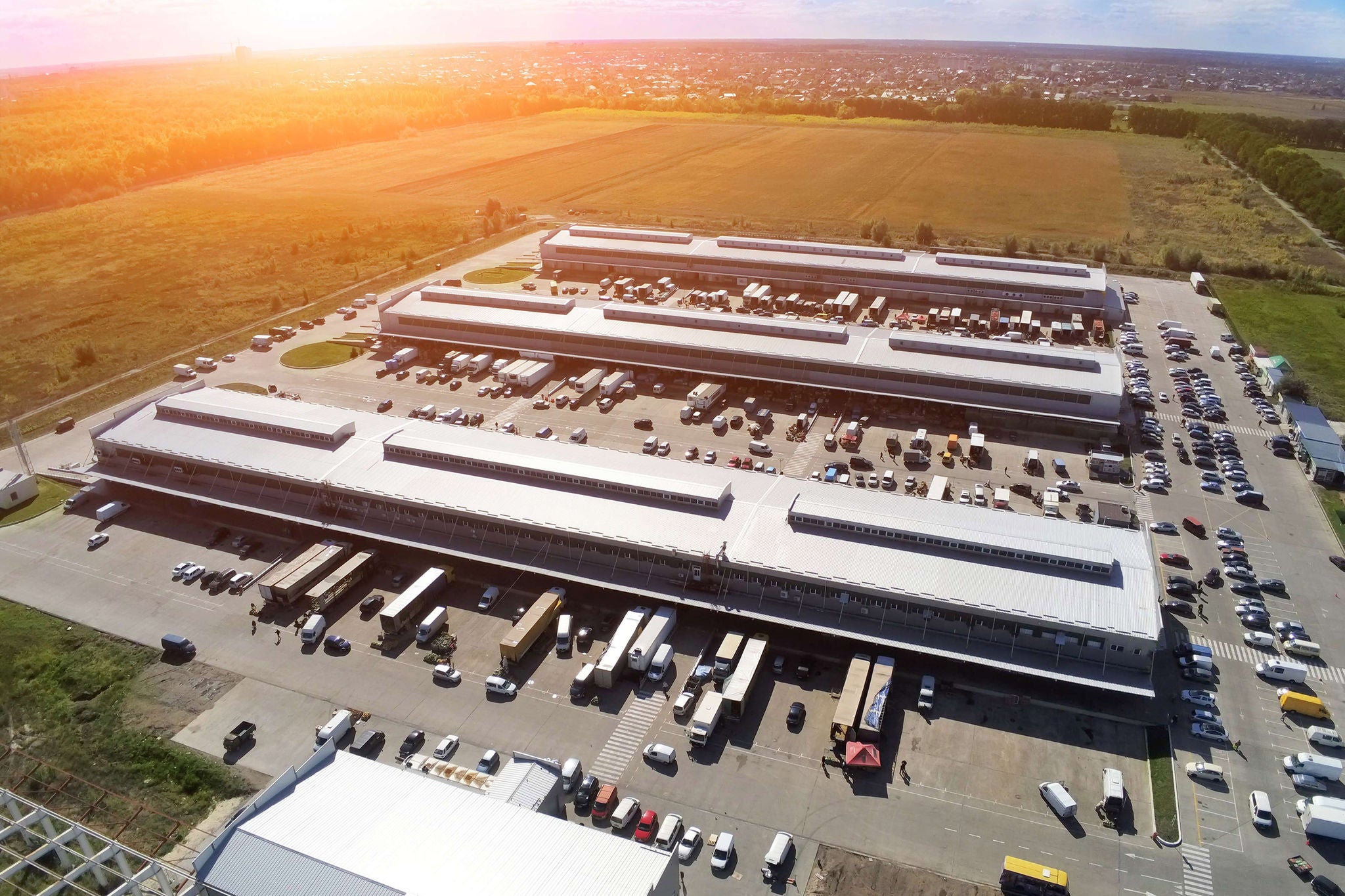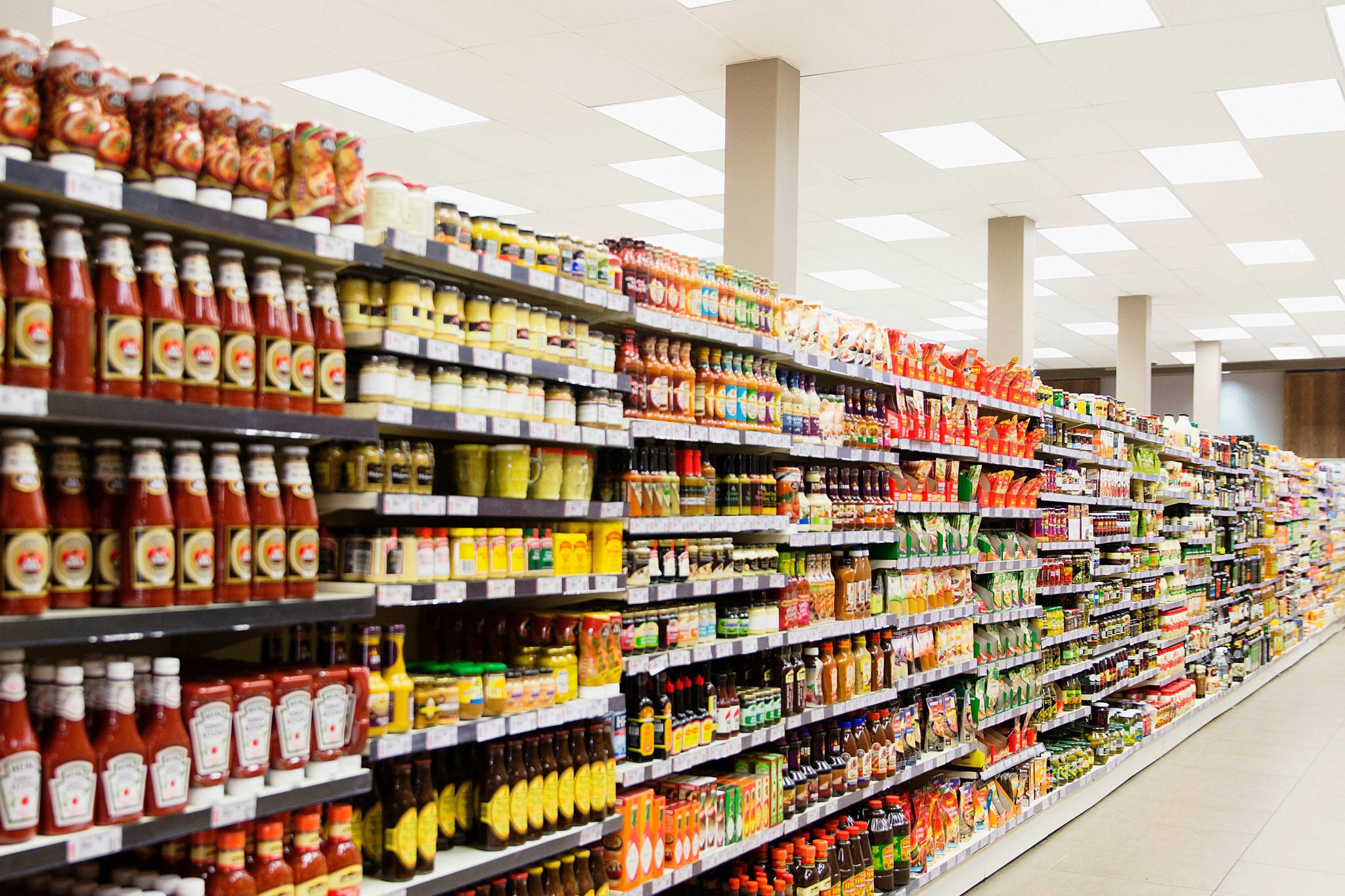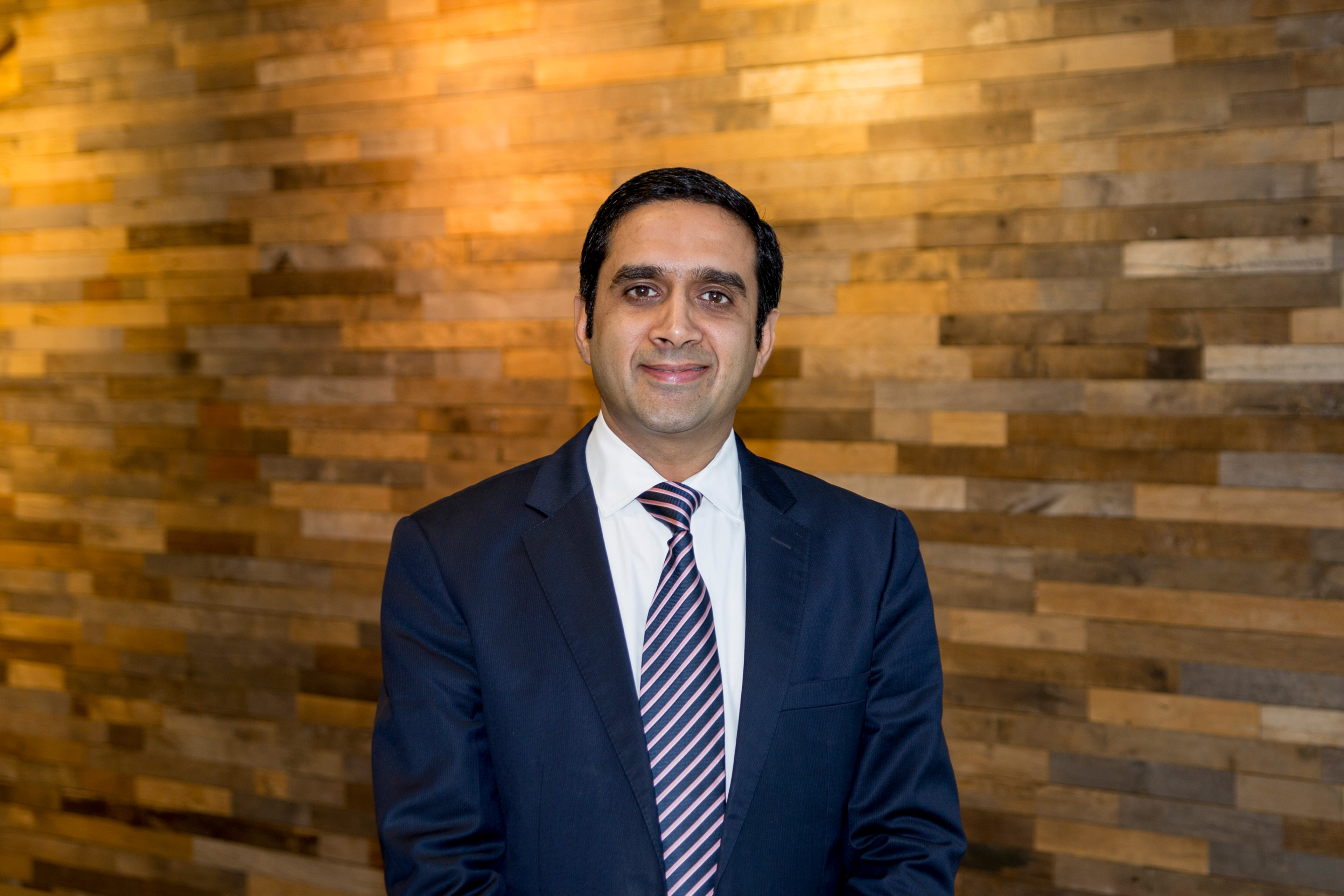EY refers to the global organization, and may refer to one or more, of the member firms of Ernst & Young Global Limited, each of which is a separate legal entity. Ernst & Young Global Limited, a UK company limited by guarantee, does not provide services to clients.
Why a reinvented supply chain tastes good to Ajinomoto Foods
Through holistic digital transformation, Ajinomoto Foods North America is saving money and time while getting better results for consumers.

The better the question
How can a food producer harvest gains with optimized logistics?
Ajinomoto Foods North America transforms its supply chain through a logistics and operations overhaul.
In today’s rapidly evolving digital world, most executives recognize the importance of embracing digital change; however, new capabilities are often added cautiously and modestly, favoring the enhancement of existing operations over a complete business overhaul.
That has not been the case at Ajinomoto Foods North America (AFNA), which creates and markets foods and spices for consumers under brands such as Ajinomoto, Tai Pei, José Olé and Hondashi. During the COVID-19 pandemic and its aftershocks, executives at AFNA were forced to confront a landscape of disruption: whiplashing consumer preferences, supply chain disruptions, and rising freight and warehousing costs. Understandably, they were initially focused on getting through the crisis — yet instead of trying to achieve “back to normal,” they aspired to transform not just one initiative or one function, but the entire organization.
At the beginning, supply chain consultants with Ernst & Young LLP (EY) conducted “art of the possible” sessions around generating revenue, avoiding costs and saving in supply chain planning. That led to a supply chain assessment that showed great potential for improvement within logistics, adding technology and digital support for greater inventory visibility and optimal deployment, with near-real-time tracking and carrier oversight. New transportation management infrastructure would help build multi-stop and multimodal shipments, auto-select the right carriers, and address cost distribution and invoice verification.
And that was only the beginning of a three-year journey founded on value and trust. Today, AFNA has evolved its supply chain from end to end, making it the standout region for the global Ajinomoto parent company, based in Japan. From planning to logistics, processes have been streamlined and automated wherever possible, digital capabilities have been enabled, and now artificial intelligence (AI) and machine learning are redefining what’s possible, holistically introduced through the lenses of people, process and technology.
“AFNA’s optimized supply chain can now do much more — and do it faster,” said Srini Muthusrinivasan, EY Technology Leader. “EY was pleased to assist AFNA throughout their logistics transformation and believes the savings and efficiencies achieved will resonate for the organization long into the future.”

The better the answer
A digitized supply chain delivers products and service more effectively
AFNA optimizes its logistics with innovative technology to better serve thousands of locations.
As the COVID-19 pandemic abated, AFNA faced increasing freight and warehousing costs, adding urgency to the project. Executives were looking to lower inventory while improving service and reducing the cost to serve. With those goals in mind, EY’s digital efforts with AFNA spanned the entire supply chain, broadly encompassing:
- Inventory optimization, with plans for deployment based on each product, distribution center, weekly forecast, production schedules, inventory policies and consumer requirements
- Planning that responds to production output compared against the plan and deployment recommendations adjusted accordingly, if necessary
- Load building with recommendations for optimal shipments based on parameters such as weight, pallet, volume and inventory position/requirements
- Process improvement centered on inventory management, order management, demand planning, and sales and operation execution design and implementation
EY first signed on to help achieve quick wins in distribution resource planning and develop a roadmap for a long-term transportation transformation. An initial logistics assessment identified opportunities to reduce costs and improve operations through Blue Yonder, an EY alliance partner whose software synchronizes forecasting and planning to warehousing, transportation and order fulfillment. The deployment was significant, involving over 550 finished goods produced at nine plants and over 25 co-packers, to 34 distribution centers that serve about 1,300 ship-to-customer locations.
Blue Yonder, based in the cloud, works seamlessly with AFNA systems while bringing a consumer products sector focus through templates. It helps plan how products should be sent to each distribution center or warehouse to meet consumer demand, and from there, shipments are tracked until they arrive at each grocery store. The EY team’s experience helped fast-track implementations with an eye toward the entire supply chain while standardizing processes.
Along the multiyear journey with AFNA, EY consultants notched quick wins — for instance, by realigning warehouses to customer demand better. And to right-size inventory, our consultants brought in policies we’ve defined based on real-world engagements with some of the world’s biggest companies, including a nine-point segmentation plan.
Success built upon success along the way, and another quick win focused on acquiring and locking in freight rates in softening truckload and intermodal markets. Just within trucking, EY recommendations consolidated the list of carriers AFNA was using from over 100 to 60 for outbound and inbound, a 40% reduction, which streamlined the distribution and receiving process for 9 AFNA plants, across over 1,000 transportation lanes and 20 co-packers.
The most recent logistics transformation achievement for AFNA involved upgrading its transportation management system with an innovative database management platform through which the company could better manage data, plan orders and shipments, audit and pay invoices, and analyze performance with metrics. AFNA had been using emails and PDFs in its logistics, but through an electronic document interface the company gained a seamless, trackable system for internal and vendor communications, and EY helped onboard carriers to the system.
Casting aside its spreadsheet-driven manual processes, AFNA gained a tremendous boost in productivity. Planners received an actionable dashboard of KPIs with one click instead of 20, improving their sales and operations execution, and saving a tremendous amount of time. The team had always been in reaction mode based on two weeks of orders. Now, they are equipped with a system that automatically recommends where to deploy products — based on business-defined rules, prioritized by customer orders and accounting for forecast demand — with complete visibility into customer preference changes and recommendations. Creating deployment orders now require just one quick approval click.
“Packing recommendations and load consolidations no longer rely on guesswork, because automation accounts for physical dimensions and weight,” said one logistics coordinator. “Building my loads today took me 3.5 hours instead of 2 days; that’s a lot of time saved in my day I can use to pack more loads and boost my productivity.”
Today, warehouse recurring fees and costs to redeploy products to other distribution centers have been slashed by up to 50%. Inventory write-offs have dropped by up to 40%, while on-time delivery performance has climbed. AFNA is now more likely to have the right product, at the right place, at the right time, which ultimately helps the organization serve their valuable consumers even better.

The better the world works
Empowered employees carry AFNA into the future of sustainable foods
Cost savings can be put toward new innovations to create lasting change for customers.
To date, EY has helped AFNA save about $40 million, with an additional $23 million estimated through April 2026, across every functional area touching the supply chain, from planning to logistics.
To sustain the change in ANFA’s newly modernized logistics infrastructure, EY hosted train-the-trainers and created employee playbooks so that employees across the organization adopted the new technology platform and ways of working. Thousands participated, which drove alignment from the bottom up and further enabled AFNA to optimize their operations across freight, delivery and sales — all through the power of their people.
“While technology played a key role, it is to AFNA leadership’s credit that they recognized how people, process and technology interplayed, and how advancements in one domain can be carried forward into another,” said Oksana Chausova, the EY Coordinating Partner for AFNA. “Their supply chain is on its way to becoming best in class thanks to their improved systems and empowered employees, and the global Ajinomoto organization is seeing improvements that could be replicated across their other regions.”
The evolution for AFNA continues. The organization’s upgraded transportation management system (TMS) can now better manage data, orders, shipments, tracking and payment, which has freed up resources for AFNA to invest in new AI innovations and capabilities, which will help the company become even more self-sufficient in areas such as route optimization, metrics tracking, food production and processing.
“Thanks to our logistics transformation with EY, AFNA is now better prepared for the future because we have digitized our planning and operating model so we can effectively get our sustainable products to market,” said Gema Verdin, Ajinomoto Foods Global VP of Supply Chain Management Planning. “Our newly modernized supply chain brings us one step closer to achieving our mission to help customers ‘eat well and live well.’”
How EY can help
-
Sustainability is everybody’s business. Explore EY insights to see how your business can reframe sustainability to protect and create new sources of value.
Read more -
Discover how EY's Supply Chain Transformation solution can help your business move towards fully autonomous, connected supply chains that drive business growth.
Read more








